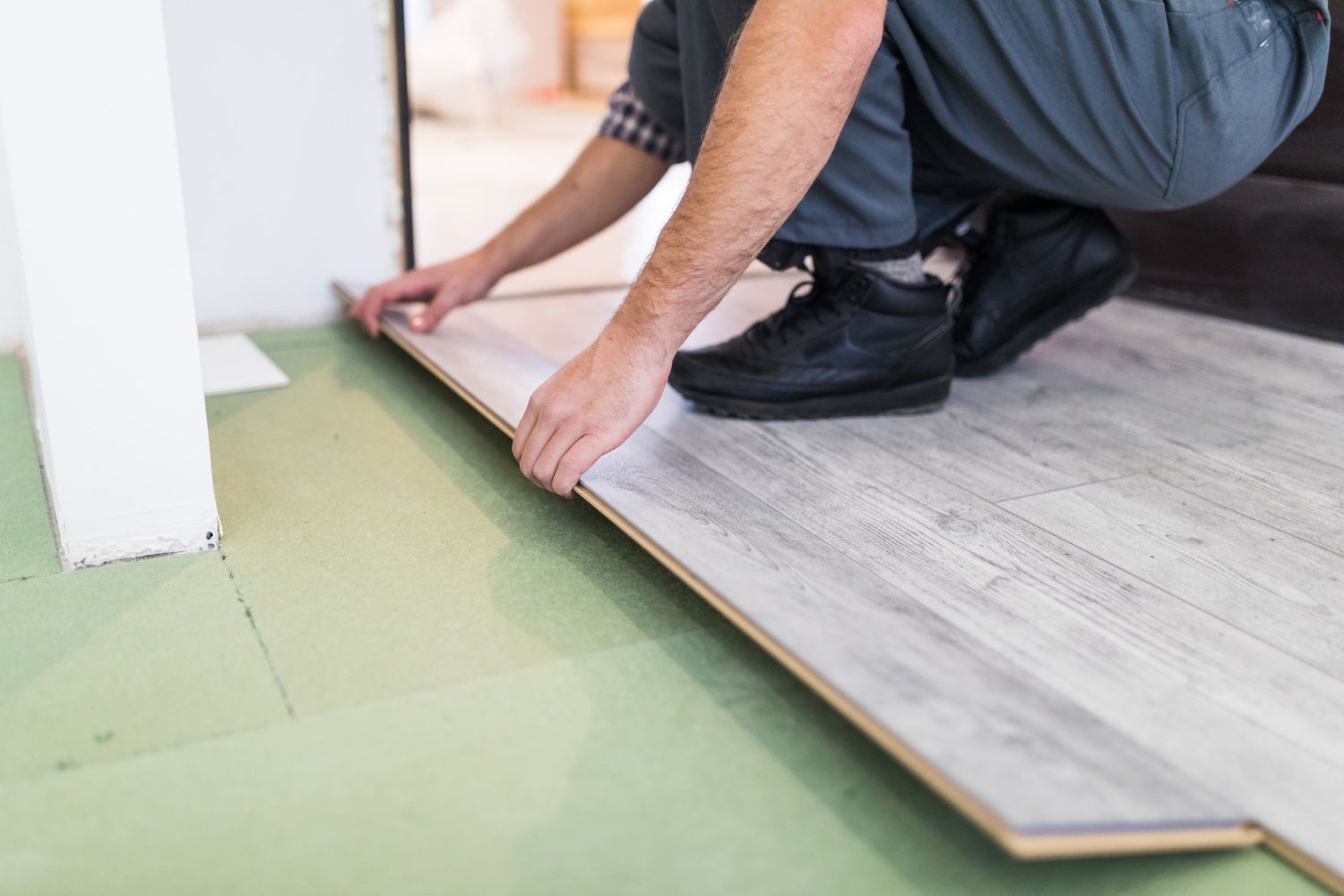CONTACT US
CONTACT US
Get in Touch with Us
We're committed to helping you in any way we can.
Leave us a note and we'll get in touch with you shortly.
Visit Us
1010 SE Everett Mall Way,
Everett, WA, 98208
Call Us
Email Us
Contact United Seattle Today For a Free Consultation!
Contact Us
Hours of Operation
- Mon - Sun
- -





